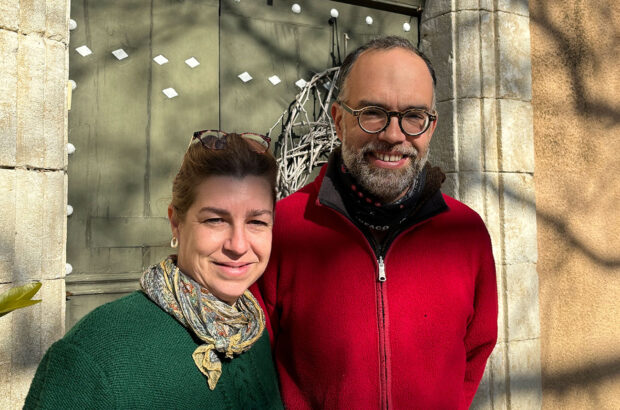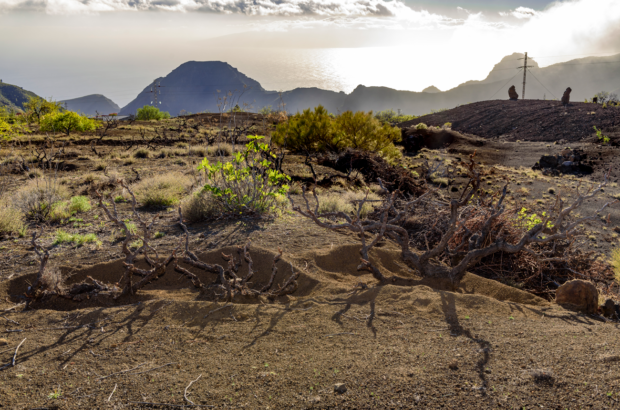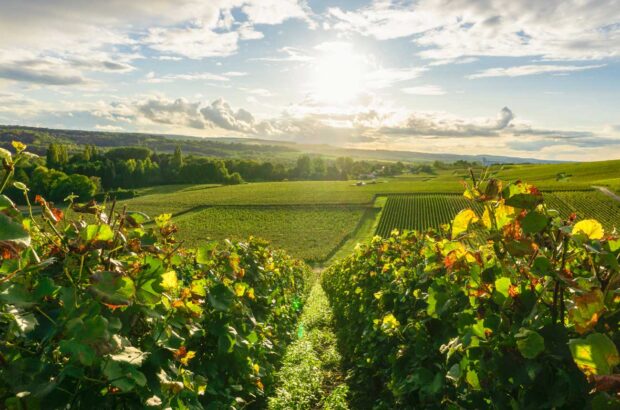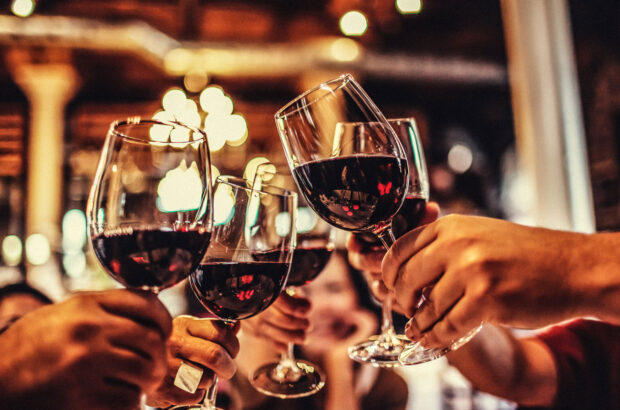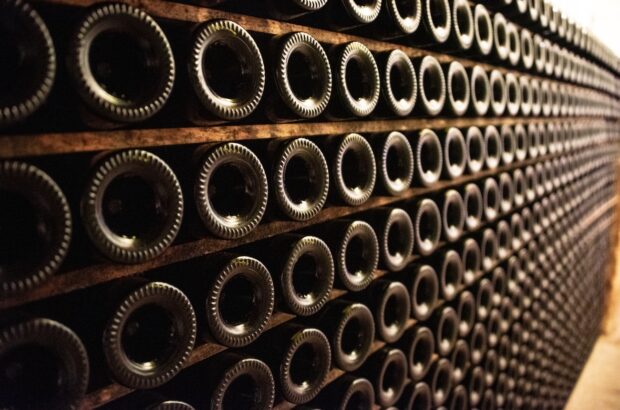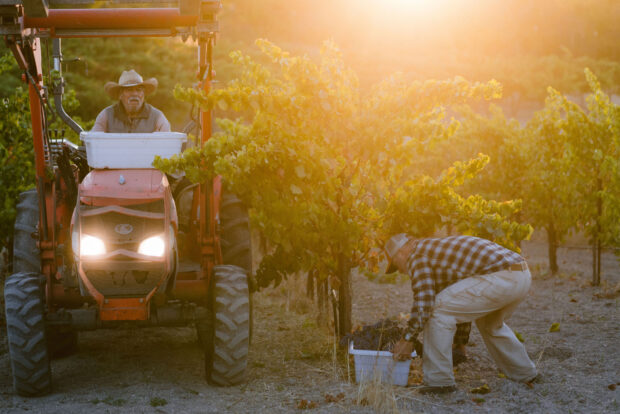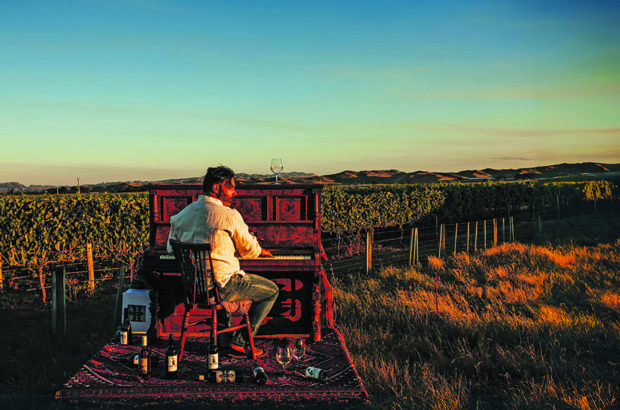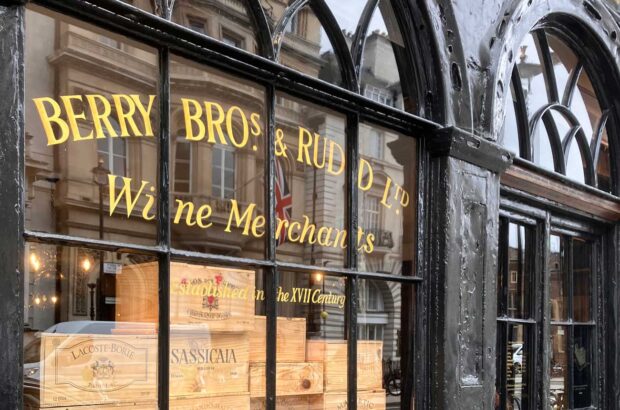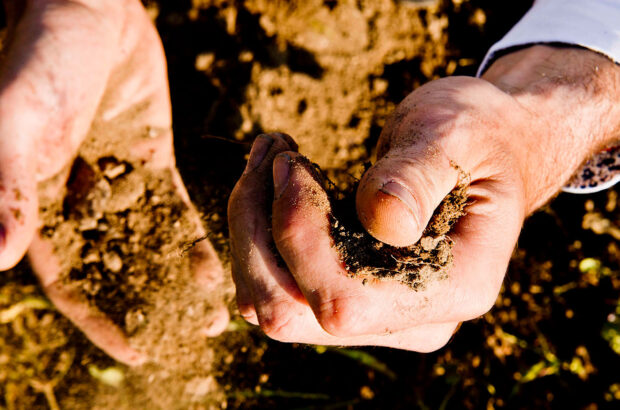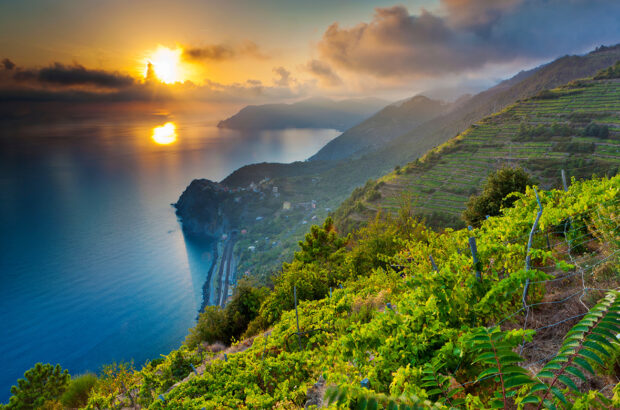I haplessly strayed into this controversial territory last summer during a debate at the Paulée d’Anjou event, having noted a significant minority of VSIG producers (Vin Sans Indication Géographique, the customary French abbreviation for this category) in the Loire. It seemed a shame, I burbled innocently, not to make use of local appellations to build understanding of their unique character, as well as show solidarity with fellow growers.
The room quietened a little; glances were exchanged. Charlotte Carsin of Terre de l’Elu – the former president of the Paulée d’Anjou – took me firmly by the elbow afterwards. ‘Monsieur Jefford,’ she began, with a bright and meaningful smile; ‘it’s not quite that simple.’
Indeed not. She and her husband Thomas began their work as wine-growers in 2008. Thomas had formerly worked as a consultant oenologist and Charlotte in communications. They then set about becoming, as Thomas puts it, ‘real Angevin wine-growers’, dedicated to producing wines which reflected their terroir: schist-soiled Anjou Noir. They felt this was only possible ‘when a wine expresses physiological maturity without having been dragged there using forceps – yields of 25-30hl/ha, all the ancestral techniques designed to stop a harvest degrading and acquiring botrytis too quickly, patience in waiting for that maturity, unhurried vinifications with minimum intervention, enough ageing time’. They discovered that the appellation rules, though, ‘were light-years away from our practices’.
Worse, though, were the dégustations d’agrément: the obligatory tasting the wines had to go through to be allowed to use the appellation. Those with enough free time to serve on the weekday tasting committee, Thomas claims, were chiefly students and retirees. After half a day’s training on wine faults, they were then let loose on wines which represented two years of work for the growers submitting them.
The Clos de l’Elu wines – as they were called then – began to fall foul of what they felt were arbitrary and peremptory judgements. One wine (Roc’h Avel 2017) was refused once for acescence (too much acetic acid) and then after a second submission for a very different fault, oxidation. A third appeal would have required the authorities to come and seal up the entire cellar while an investigation was made. ‘Yet we had already sold half that wine to merchants, professionals, who knew exactly what they were tasting. We just felt we couldn’t go on inside the appellation. We aren’t rebels or dissidents. We just care about the truth and we didn’t recognise truth in the way the appellation was being run.’
Thomas had a meeting with those directing the appellation and said he was disappointed not to have been respected as much as he’d respected those making Anjou wines on an industrial basis. They accused him, he says, of cowardice.
There are drawbacks to their decision, both admit; they had to drop ‘Clos’ in the name, and hate not being able to say exactly where the wine comes from on labels. Instead, they try to establish the Terre de l’Elu name among other artisan wines, ‘sincerely and humbly’.
‘The problem is that administrative culture is stupid and nasty. For all that, we’re open to the idea that there might be a revolution in the way appellations are administered, but it would have to start by getting rid of the dégustations d’agrément. They don’t make sense and they leave appellations more fragile, not stronger.’
A similar debate, I remembered, was also raging when I lived in Australia 13 years ago (though the obligatory tasting then was for an export permit). The Australians eventually ditched the tasting requirement – and now enjoy a reputation of greater aesthetic width on world markets than they formerly did. Next time I’ll think twice before I burble.
In my glass this month
Sixty-year-old Chenin growing in the schist soils of St-Aubin-de-Luigné, Loire, aged in earthenware jars and steel tanks: the Ephata 2019 from Terre de l’Elu (£62 Dynamic Vines) is fragrant, subtle, uninsistent, its delicate fruits unravelling in a kind of honeyed mist. It’s zestier on the palate, full of substance and presence, simultaneously dry and not dry, enigmatic. All this – plus a haunting poem by Thomas Carsin on the back label, too. Creative wine, truly.




